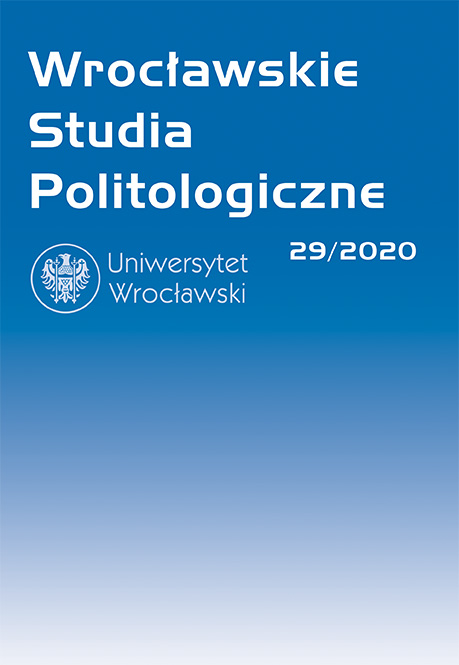

Different faces of politcs

This paper explores whether the Polish electorate feels that political parties represent their interests and how many voters expect the emergence of new non-parliamentary political movements. A nationwide survey study (N=970) confirms that over 30% of a study sample has no party that could be perceived as representing their interests. Moreover, the results suggest that this may generate the demand for new non-parliamentary parties. With regard to political practice, the study, to some extent, explains why Law and Justice (PiS) won the 2019 parliamentary elections. Unlike other parties, the voters of Law of Justice declare that they have their representatives on the political scene. The one-way analysis of variance (ANOVA) reveals that this opinion is more often expressed by elderly, poorly educated, very religious and right-wing voters. The formation of a new non-parliamentary party was more often expected by people describing themselves as center-left, non-religious, average earners and secondary-educated.